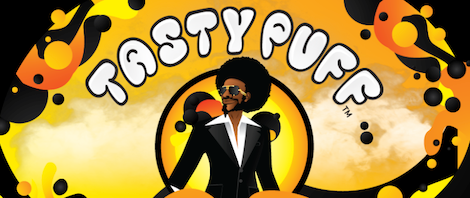Cannabis has been used to treat depression throughout history. In 1621, English clergyman Robert Burton recommended its use in his book The Anatomy of Melancholy, while doctors in India during the same period were actively using it to treat their patients’ depression.
Cannabis is a faster-working alternative to antidepressants that stimulates the endocannabinoid system and speeds up the growth and development of nervous tissue with little to no troublesome side effects. This natural remedy offers patients peace of mind and battles stress by enhancing mood, providing energy and focus, relieving anxiety, inducing hunger, and combating insomnia.
Occasional or daily cannabis consumers have lower levels of depressive symptoms than non-users, a 2006 study found. Researchers at McGill University, in Montreal, discovered that THC in low doses can serve as an antidepressant and produces serotonin — but they also found that high doses of THC can worsen depression symptoms. The cannabinoids THC and CBD are known to exert sedative, antidepressant, and antipsychotic effects on consumers.
The University Medical Center Utrecht, in the Netherlands, touted marijuana as a cure for depression and other mental illnesses after conducting a study that found THC can alter the response to negative images or emotions by activating the endocannabinoid system in the brain. Another study linked cannabis use to improved cognitive function in people suffering from bipolar disorder.
Much more at Leafly


















